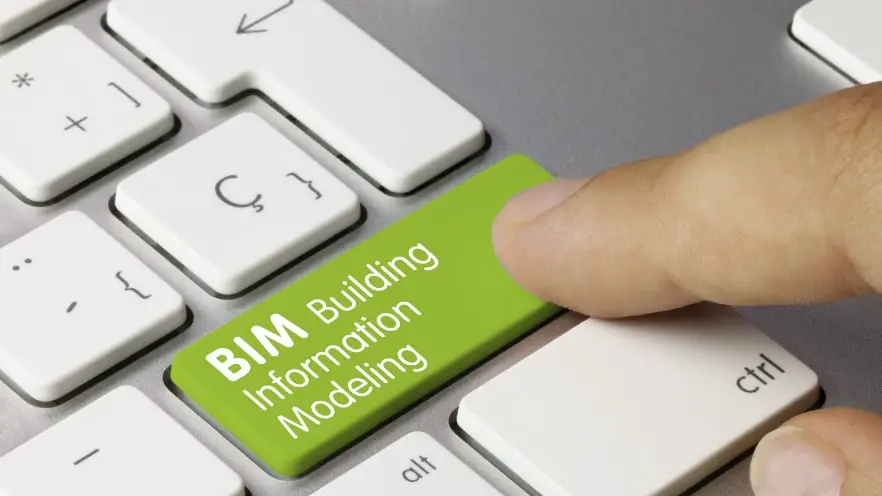General contractors must stay organized, efficient, and competitive in today’s fast-paced construction industry.
Using digital tools to streamline operations, manage projects effectively, and ensure timely completion has become a must. This article looks at the essential digital tools that general contractors need to thrive in today’s construction landscape.
1. Cloud-Based Platforms
Cloud-based platforms are internet-based services that provide access to various applications, data, and resources. Scalability, flexibility, security, and mobility are just a few of the benefits that cloud-based platforms can provide to general contractors.
General contractors can use cloud-based platforms to store, share, and access project information from any part of the world and device, as well as collaborate and communicate with team members and clients in real time. Cloud-based platforms can also work along with other digital tools.
2. BIM Software
Building Information Modeling, also known as BIM, is a process that creates and manages digital representations of the physical and functional characteristics of buildings and infrastructures.
General contractors can use BIM software to create, visualize, analyze, and stimulate various aspects of a project, such as geometry, materials, structures, systems, energy, and costs. BIM software can also help different disciplines and stakeholders, such as architects, designers, owners, and suppliers, to collaborate and integrate.
BIM tools are some of the top software. This list of top general contractor software will help you gain more insights.
3. CRM Software
A successful contracting business depends on strong client relationships.
Contractors can use CRM software to track leads, manage contacts, and nurture client relationships. Contractors can schedule follow-up communications, track interactions, and personalize their client management approach, resulting in higher customer satisfaction and repeat business.
4. IoT devices
IoT stands for Internet of Things. To put it simply, IoT is a network of physical objects that are embedded with sensors, software, and connectivity that enable them to collect, exchange, and act on data.
IoT devices can offer many benefits for general contractors, including monitoring, control, and efficiency. IoT devices can help general contractors monitor various aspects of a project, such as:
- Progress
- Quality
- Performance
- Environment
IoT devices can also help one control some of the functions and systems of a project, such as lighting, heating, ventilation, and security. It can also help to improve the efficiency and sustainability of a project, such as by reducing energy consumption, emissions, and waste.
Some of the most popular IoT devices include smart meters, sensors, cameras, drones, and wearables.
5. Construction Estimation Software
Construction estimation software is a digital tool that helps general contractors calculate the cost of construction projects accurately. It simplifies the process of generating detailed cost estimates by giving users access to pre-built databases of material and labor costs.
This software assists general contractors in preparing competitive bids, avoiding under-or-over pricing, and ultimately bagging more projects. It also makes real-time tracking of project expenses easier, allowing better finance management and decision-making.
Construction estimating software (CES) allows general contractors to improve project profitability and efficiency by automating and improving the estimation process, hence leading to more successful and sustainable construction businesses.
Wrapping up
To succeed in the cut-throat competition in the construction industry of 2023, general contractors must harness the massive power of technology. These quick and vital digital resources, which range from cloud-based platforms and BIM to CRM software, IoT devices, and construction estimation software, enable contractors to enhance efficiency, accuracy, and communication in their projects.
In addition to streamlining operations, adopting these digital solutions and shortcuts positions general contractors for long-term success in the constantly changing construction industry.
Contractors can optimize project delivery, improve client satisfaction, and ultimately increase profitability by using these tools.

